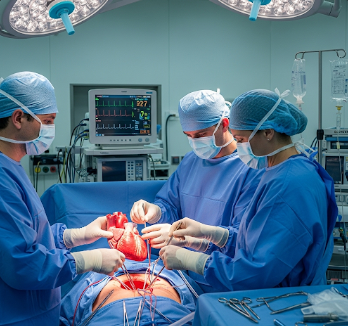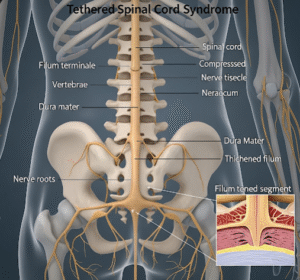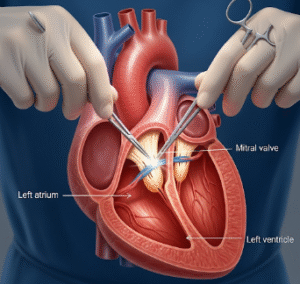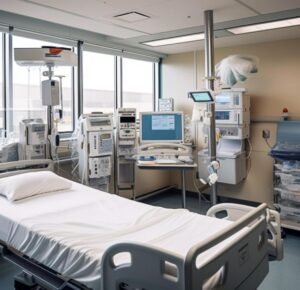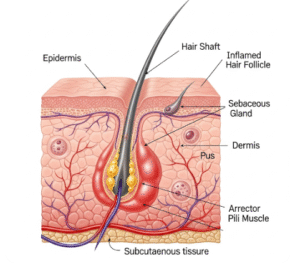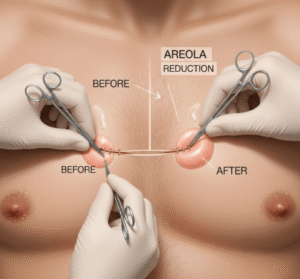Overview
Organ transplant is a surgical procedure to replace a failing or damaged organ with a healthy one from a living or deceased donor. Transplants can include the kidney, liver, heart, lung, pancreas, and intestine.
South Korea is recognized globally for advanced transplant medicine, offering high success rates, cutting-edge surgical techniques, and comprehensive post-operative care, making it a preferred destination for medical tourism in organ transplantation.
What is an Organ Transplant?
An organ transplant involves removing a diseased organ and replacing it with a compatible donor organ. Types include:
✔ Kidney transplant: Most common, often from living donors.
➔ Liver transplant: Can be partial (living donor) or full (deceased donor).
● Heart transplant: For end-stage heart failure.
★ Lung transplant: For severe pulmonary disease.
➤ Pancreas and intestine transplant: For specific metabolic or digestive conditions.
The goal is to restore organ function, improve quality of life, and increase survival.
What are the Benefits?
Organ transplants provide multiple advantages:
✔ Life-saving treatment for end-stage organ failure.
➔ Restores normal function of the transplanted organ.
● Reduces dependence on medical therapies like dialysis.
★ Improves overall quality of life and physical well-being.
➤ Extends life expectancy in severe organ failure conditions.
Procedure Details
1) How should I prepare for an Organ Transplant?
Preparation is crucial for safety and success:
✔ Comprehensive evaluation: Blood tests, imaging, heart/lung assessment, and infection screening.
➔ Matching: Tissue typing, blood group compatibility, and donor evaluation.
● Medication management: Some drugs may need adjustment before surgery.
★ Lifestyle optimization: Nutrition, exercise, and management of chronic conditions.
➤ Patient counseling: Discuss surgical risks, recovery, post-transplant medications, and long-term care.
2) What happens during the procedure Organ Transplant?
The procedure varies depending on the organ but generally involves:
✔ Anesthesia: General anesthesia is used.
➔ Organ removal: The diseased organ is carefully removed.
● Transplantation: Donor organ is implanted and connected to blood vessels and surrounding tissues.
★ Function check: Surgeons verify organ perfusion and function before closure.
➤ Closure: Incisions closed and sterile dressings applied; sometimes temporary drains are placed.
Korean surgeons use state-of-the-art operating theaters, robotic assistance, and microsurgical techniques to ensure precision.
3) What happens after an Organ Transplant?
Post-operative care is intensive to ensure organ survival:
✔ Hospital stay: Ranges from 1–4 weeks depending on the organ and complications.
➔ Immunosuppressive therapy: Prevents organ rejection.
● Monitoring: Frequent blood tests, imaging, and vital sign assessment.
★ Rehabilitation: Gradual return to normal activity; organ-specific rehabilitation may be required.
➤ Long-term care: Lifelong follow-up to monitor function, medication side effects, and complications.
Risks / Benefits
Possible Risks:
✔ Organ rejection (acute or chronic)
➔ Infection due to immunosuppressive therapy
● Bleeding or clot formation
★ Surgical complications: injury to surrounding organs or vessels
➤ Side effects of medications (kidney toxicity, diabetes, hypertension)
Major Benefits:
✔ Life-saving for end-stage organ failure
➔ Restores organ function and reduces dependence on treatments like dialysis
● Improves quality of life, energy, and physical activity
★ Extends life expectancy and reduces complications from organ failure
➤ Advanced Korean transplant centers provide high success rates and expert post-op care
Recovery and Outlook
✔ Initial recovery: Intensive care monitoring for 1–2 weeks post-surgery.
➔ Organ function monitoring: Frequent labs and imaging.
● Lifestyle adjustments: Balanced diet, hygiene, and physical activity guidance.
★ Long-term outcome: Most patients experience significantly improved health and organ function.
➤ Follow-up: Lifelong follow-up with transplant team to manage medications, screen for complications, and monitor organ health.
When To Call the Doctor
Seek immediate medical attention if:
✔ Fever, chills, or signs of infection
➔ Sudden pain or swelling at surgical site
● Reduced urine output (kidney transplant) or organ-specific dysfunction
★ Signs of organ rejection: fatigue, jaundice, shortness of breath, or abnormal labs
➤ Severe side effects from immunosuppressive medications
Best Korea Option / Process
South Korea provides world-class organ transplant care with:
✔ Leading hospitals: Asan Medical Center, Samsung Medical Center, Severance Hospital.
➔ Expert surgical teams: Multidisciplinary teams for complex transplants.
● Advanced technology: Robotic and minimally invasive transplant techniques.
★ Comprehensive post-op care: ICU monitoring, immunosuppressive therapy, rehabilitation, and follow-up.
➤ Medical tourism support: Translation, travel coordination, donor evaluation, and long-term follow-up.
✅ Highlights:
✔ Organ transplants replace failing organs to restore function
➔ Life-saving procedures with significant improvement in quality of life
● Includes kidney, liver, heart, lung, pancreas, and intestine transplants
★ Risks include rejection, infection, bleeding, and medication side effects
➤ Korean hospitals provide cutting-edge surgical expertise, high success rates, and comprehensive long-term care

